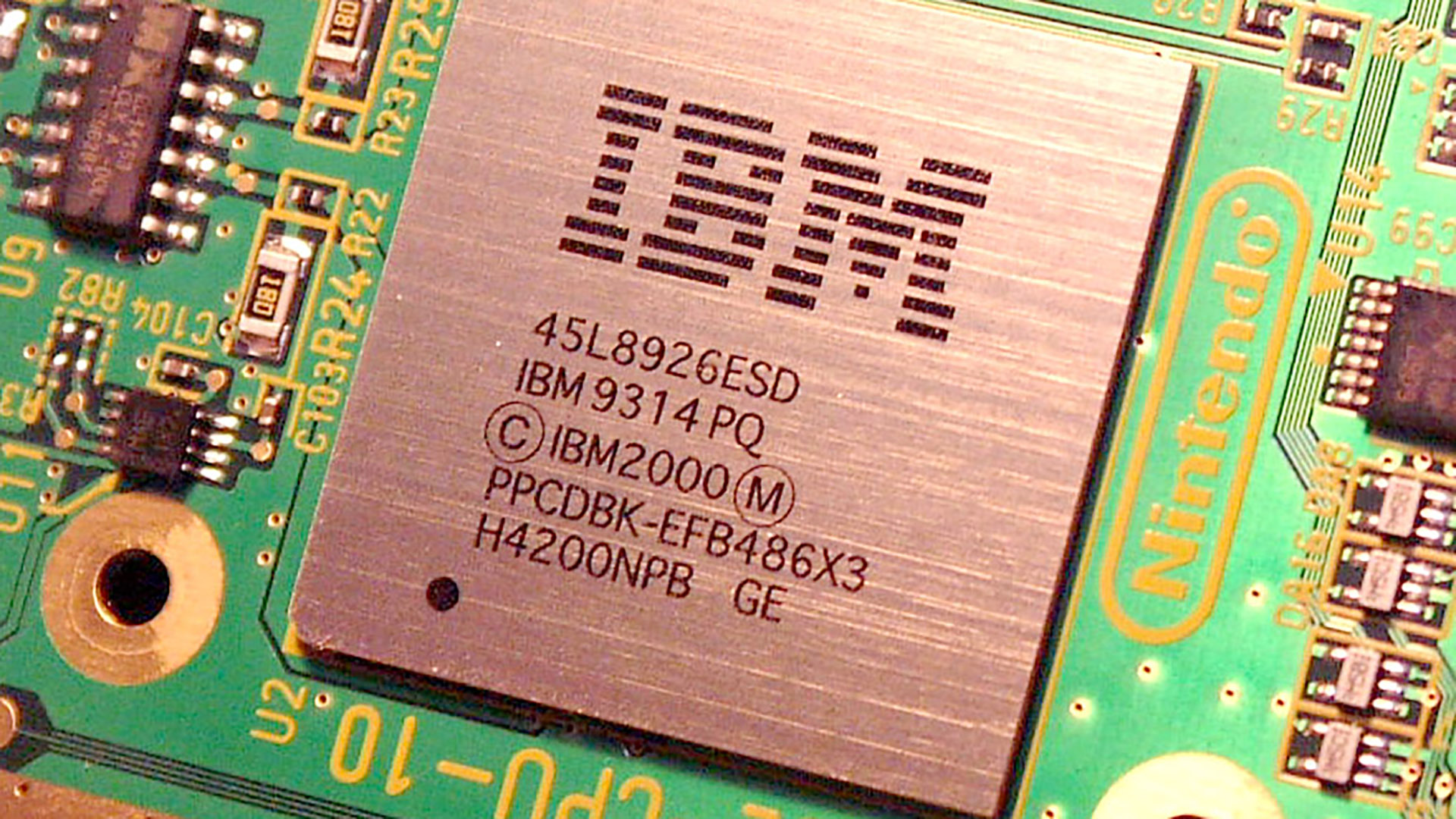IBM begins 'orderly wind-down' of its entire Russian operation, all staff to lose jobs
The move is a reaction to Russia's invasion of Ukraine.

Global computing giant IBM announced on March 7 that, following Russia's invasion of Ukraine, it would suspend all business operations in Russia. A new letter sent to all IBM staff on May 30 by CEO Arvind Krishna has now been made public (thanks, engadget), in which he announces that IBM has come to the decision "to carry out an orderly wind-down of IBM's business in Russia."
Since March, IBM has continued to pay the Russian staff affected by the suspension of business. With this move, however, the entire workforce of IBM Russia will lose their jobs.
"This process will commence today and result in the separation of our local workforce," writes Krishna. "Our colleagues in Russia have, through no fault of their own, endured months of stress and uncertainty. We recognize that this news is difficult, and I want to assure them that IBM will continue to stand by them and take all reasonable steps to provide support and make their transition as orderly as possible."
Russia was a small part of IBM's global operations, accounting for around 0.5% of revenue in the last financial year: though IBM is so big that this still adds up to $300 million. Reuters estimates that the firm employed around 1,000 people in the region. The IBM Russia section of the company's website has been removed.
Krishna's email ends: "We remain united in our hope for an end to this war and the restoration of peace."
Keep up to date with the most important stories and the best deals, as picked by the PC Gamer team.

Rich is a games journalist with 15 years' experience, beginning his career on Edge magazine before working for a wide range of outlets, including Ars Technica, Eurogamer, GamesRadar+, Gamespot, the Guardian, IGN, the New Statesman, Polygon, and Vice. He was the editor of Kotaku UK, the UK arm of Kotaku, for three years before joining PC Gamer. He is the author of a Brief History of Video Games, a full history of the medium, which the Midwest Book Review described as "[a] must-read for serious minded game historians and curious video game connoisseurs alike."

